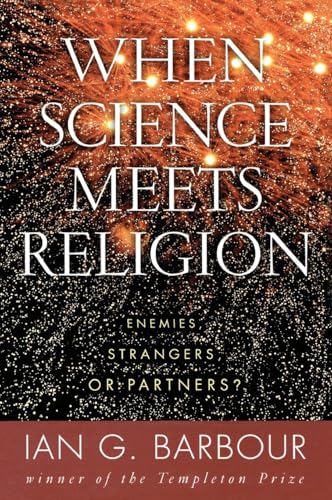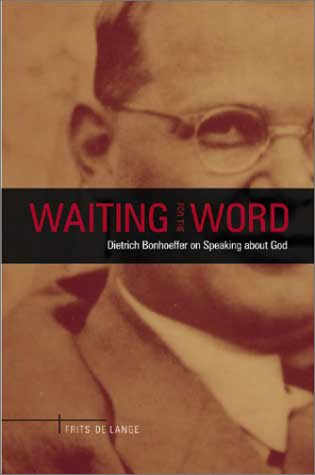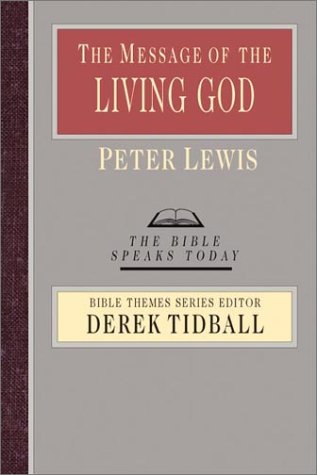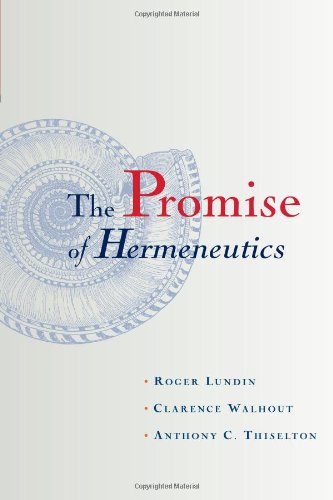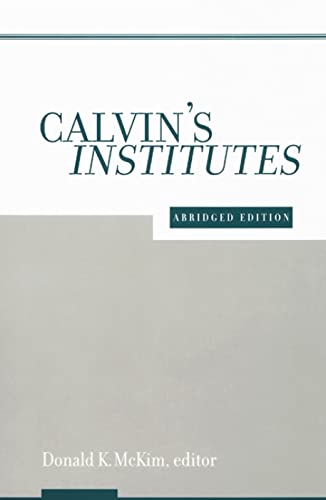Karl Barth in the Theology of Dietrich Bonhoeffer
Written by Andreas Pangritz Reviewed By Martin DavieKarl Barth and Dietrich Bonhoeffer are often bracketed together in histories of twentieth century theology as examples of ‘neo-orthodoxy’. However, although the two theologians were friends and although Barth was undoubtedly a great influence on Bonhoeffer, scholars have long argued that there were significant theological differences between them.
In his study of the relationship between the theologies of the two men, Pangritz, who is Professor of Systematic Theology at the University of Aachen, looks at this relationship in detail, and, interacting with the work of other scholars in this field, seeks to explain the precise reasons for the differences between them.
After surveying the way in which Barth shaped Bonhoeffer’s theological development and emphasising the theological closeness between the two, Pangritz then goes on to explore what Bonhoeffer was really talking about in his use of the term ‘positivism of revelation’ in relation to Barth’s theology. His conclusion is that Bonhoeffer’s criticism must be understood in the context of the reaction by conservative Lutheran elements in the German Confessing Church to Rudolf Bultmann’s call in 1941 for a non-mythological approach to the interpretation of the NT.
According to Pangritz, Bonhoeffer saw a link between their failure to respond positively to Bultmann’s challenge, and the failure of Barth’s theology as found in the Church Dogmatics to provide a suitable basis for talking about God to those for whom the Church and religion in general were increasingly irrelevant. In addition. Pangritz argues, Bonhoeffer felt that Barth’s treatment of the doctrines of the Trinity and the Virgin Birth failed to respect the fact that these topics were divine mysteries which demanded veneration rather than detailed explanation.
In a final chapter entitled ‘Proceeding on Barth’s and Bonhoeffer’s way’ Pangritz probes deeper into the roots of the differences between the theologies of Barth and Bonhoeffer. He argues that the basis of their difference was that Bonhoeffer was prepared to take seriously the integrity of the world outside the Church as the sphere of God’s activity in a way that Barth was never quite prepared to do. In a sign of the post-holocaust wrestling with the importance of Judaism that has been a feature of post-war German theology. Pangritz also suggests that both Barth and Bonhoeffer failed to take seriously the existence of Israel as a witness to the theological significance of those outside the sphere of the Christian Church.
The positive side of Pangritz’s work is its great attention to detail and the way in which it patiently explores the various different understandings of the relationship between Barth and Bonhoeffer, evaluating the strengths and weaknesses of each proposal. However, the work is so detailed that it is often difficult to see the wood for the trees, and anyone who had not already got a firm grasp of Barth and Bonhoeffer’s theology would be unlikely to be able to follow Pangritz’s argument. In addition Pangritz’s own universalist theological conclusions are not grounded in any interaction with the relevant Biblical material in Romans 9–11 and elsewhere.
This is a work that is only likely to be of interest to Barth and Bonhoeffer specialists. Anyone else, including students beginning to work in this area, would be well advised to leave Pangritz to one side and look directly at the work of Barth and Bonhoeffer for themselves. As so often in theological study, the original sources are much more interesting and a good deal easier to read!
Martin Davie
Ware



